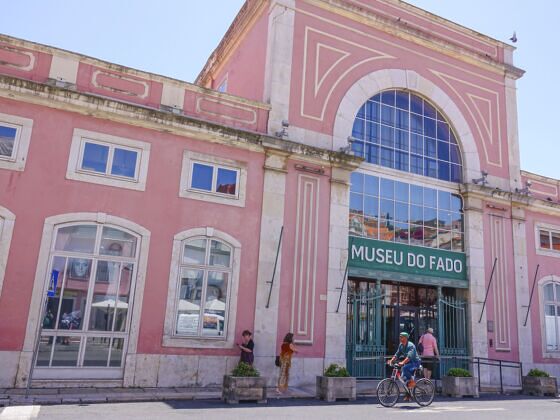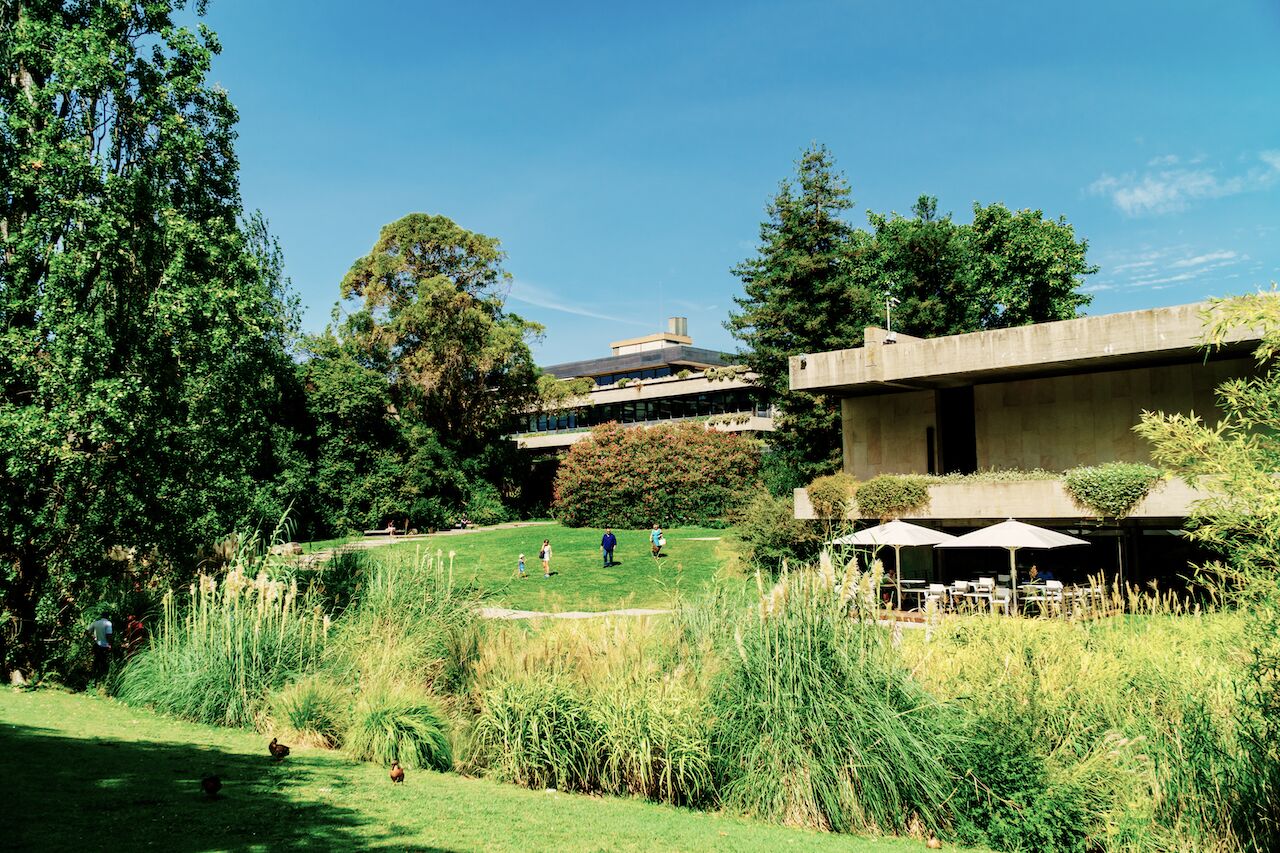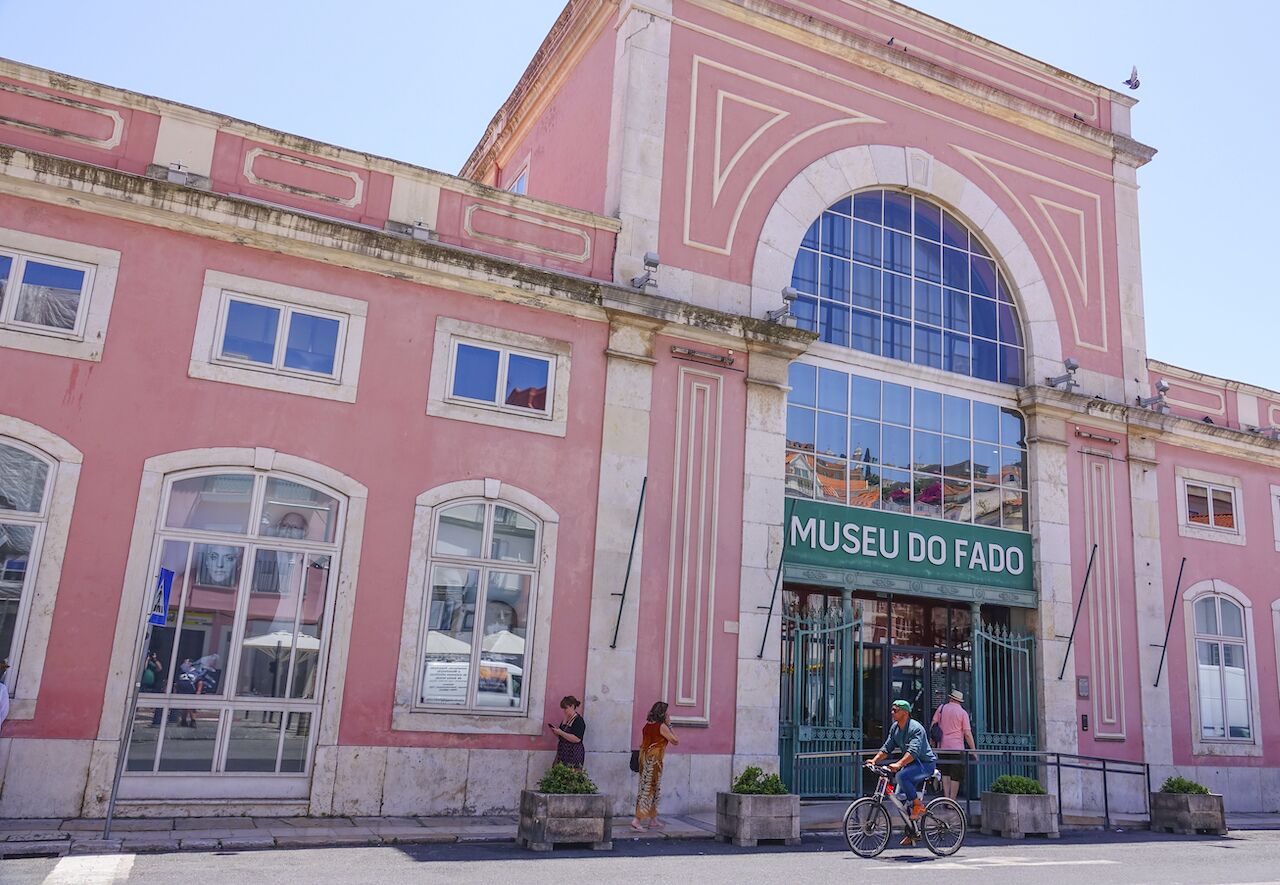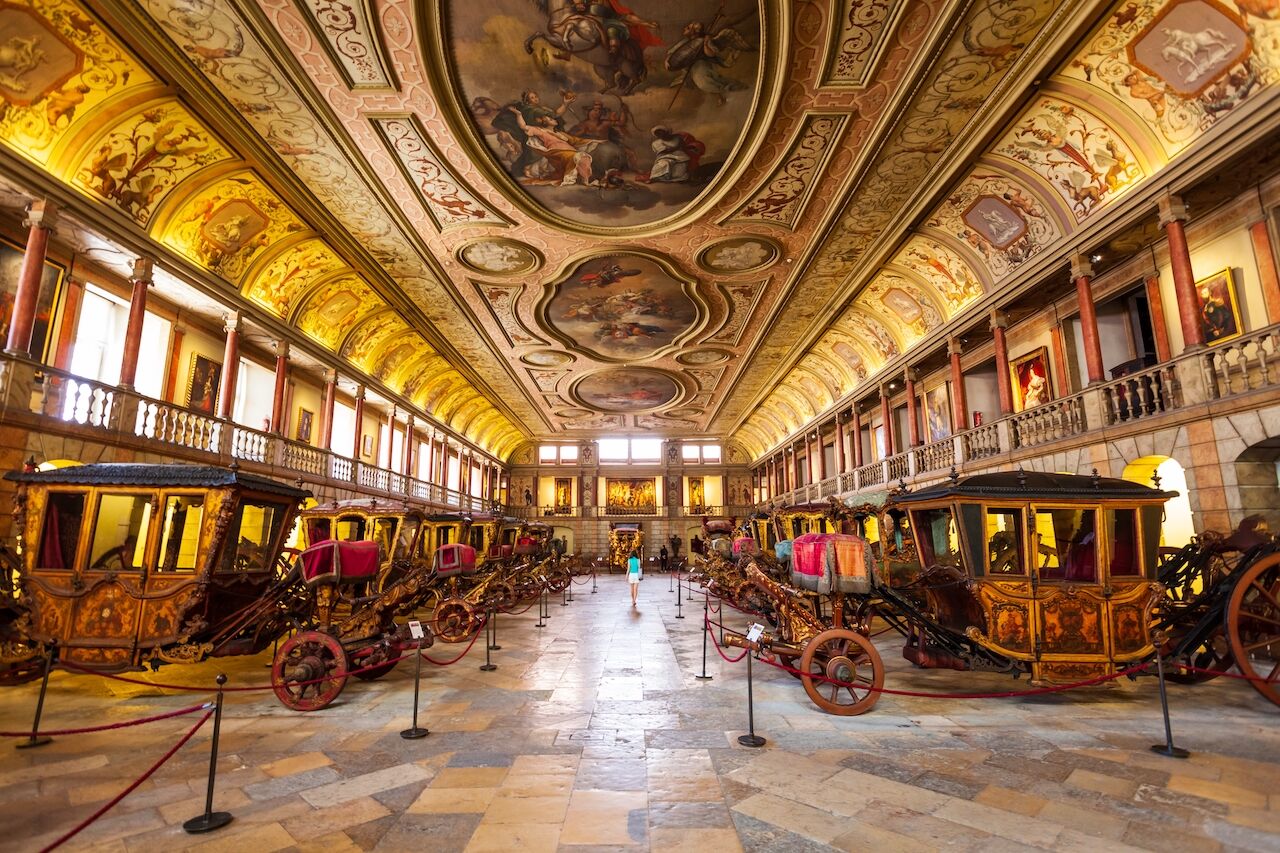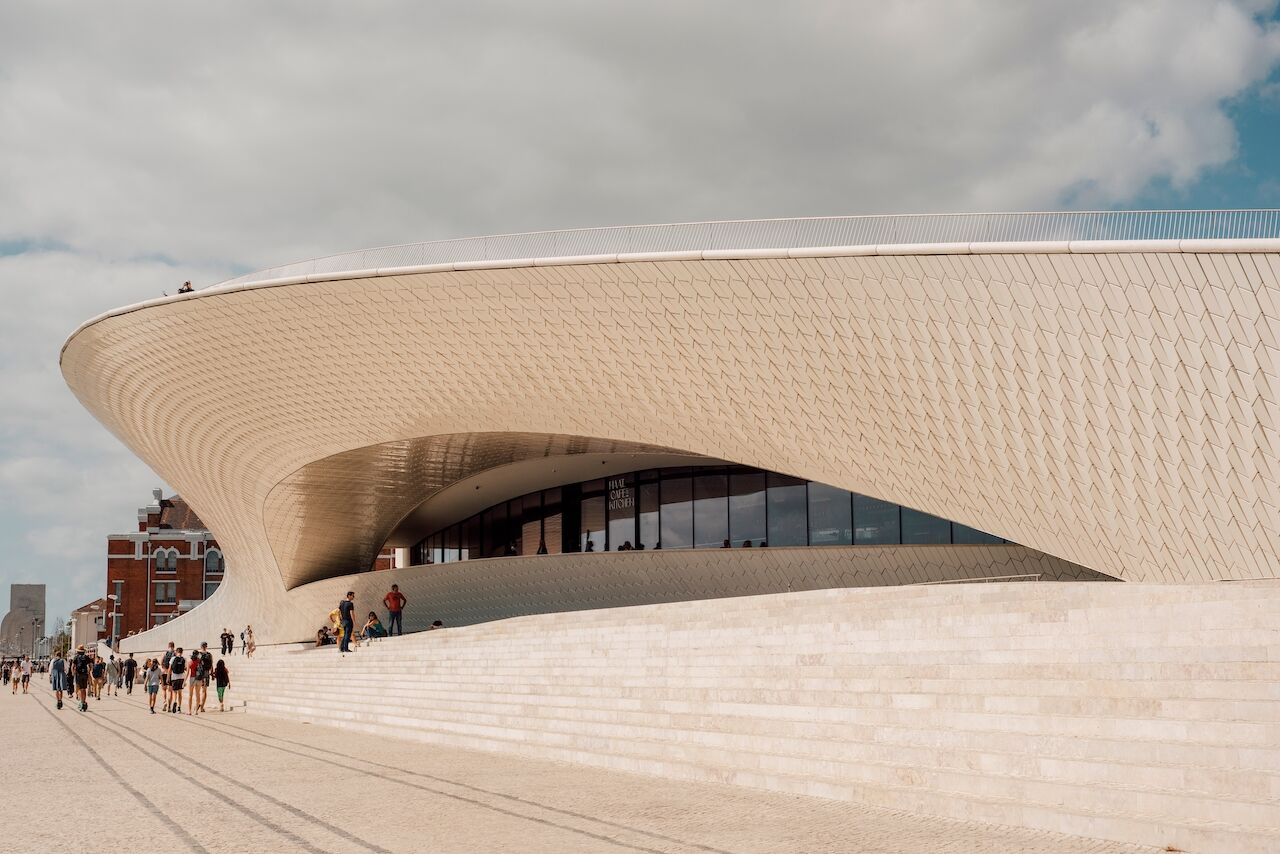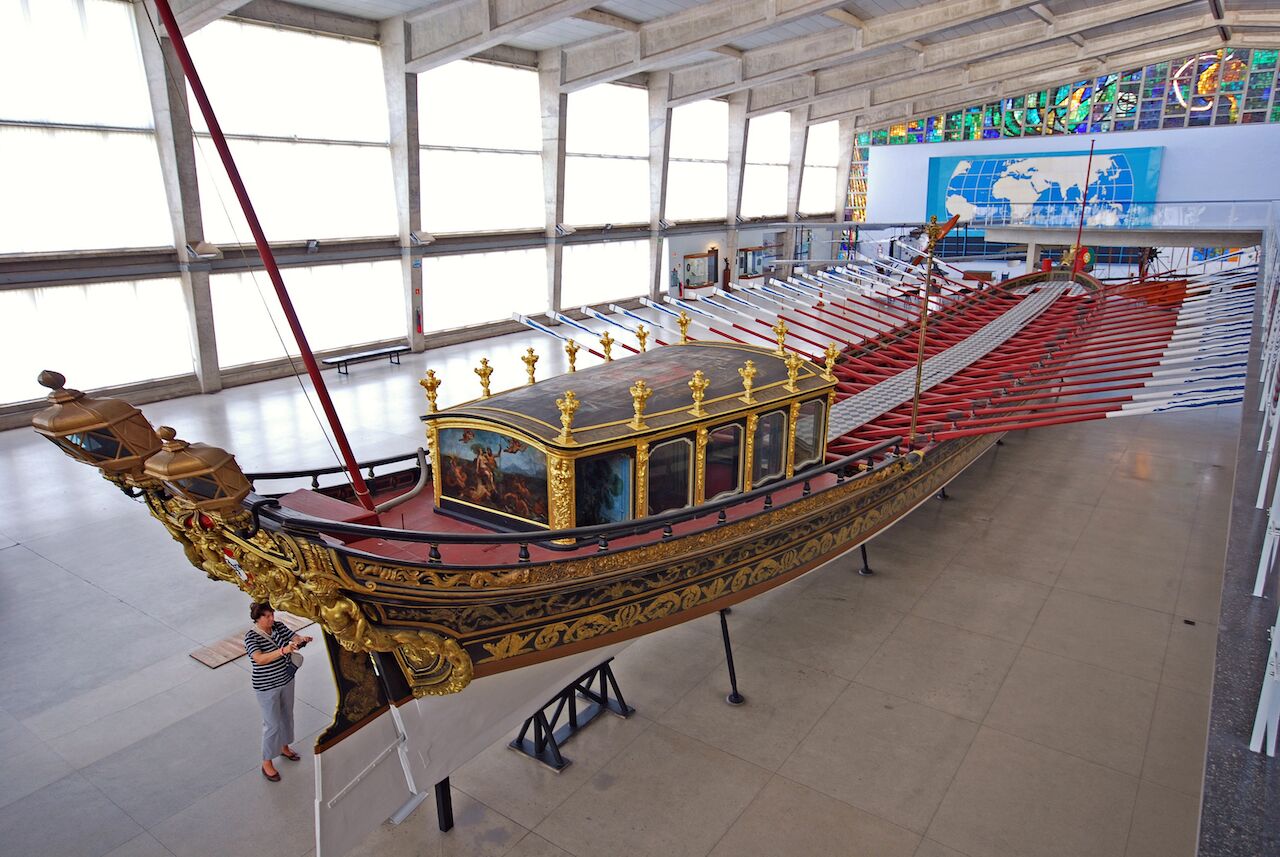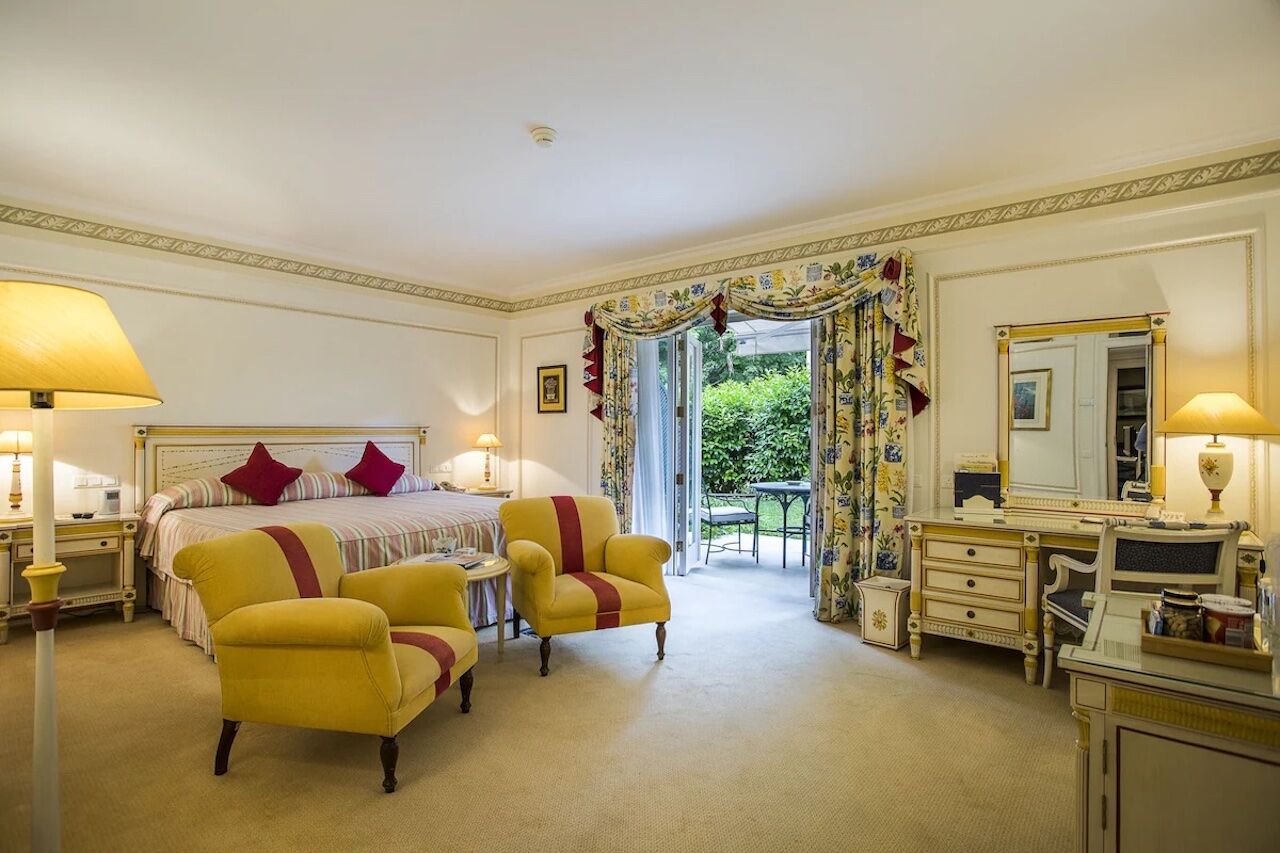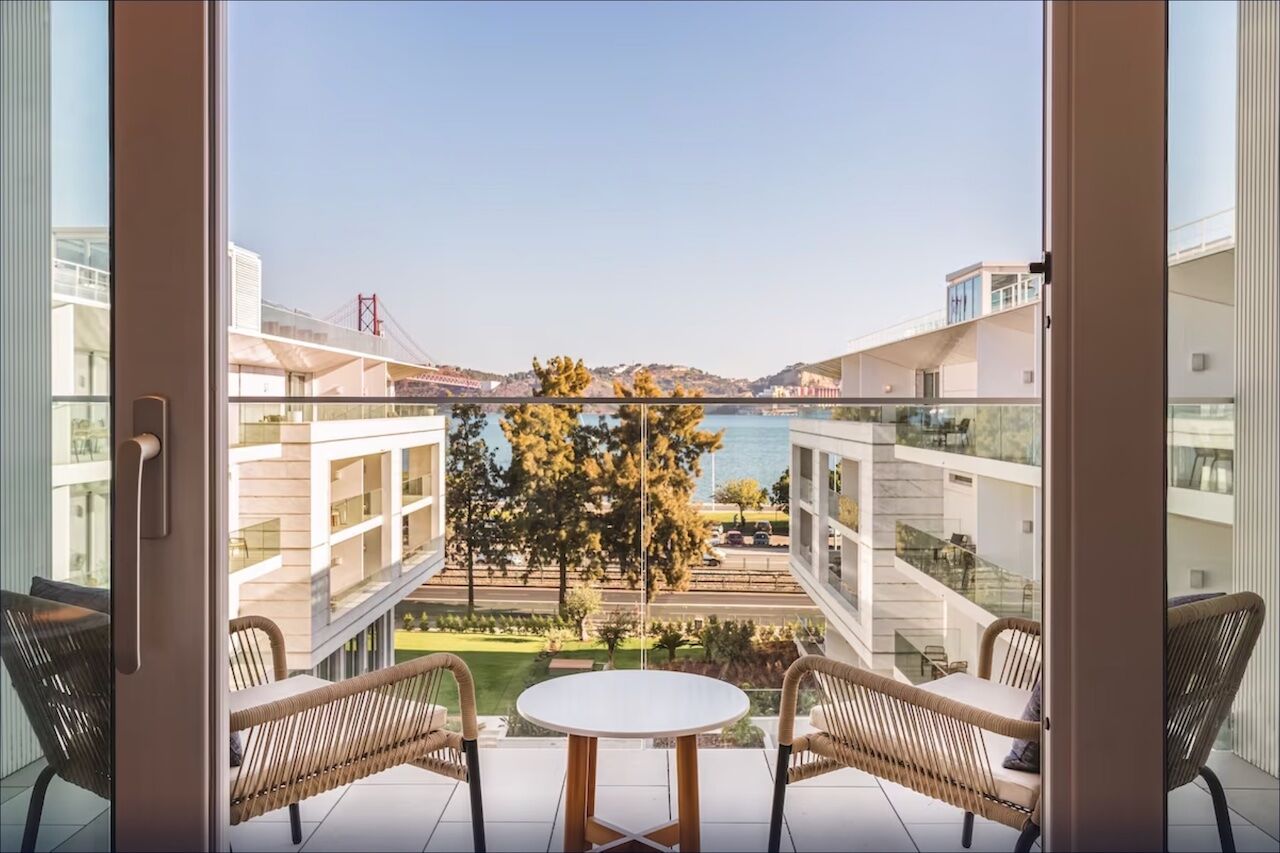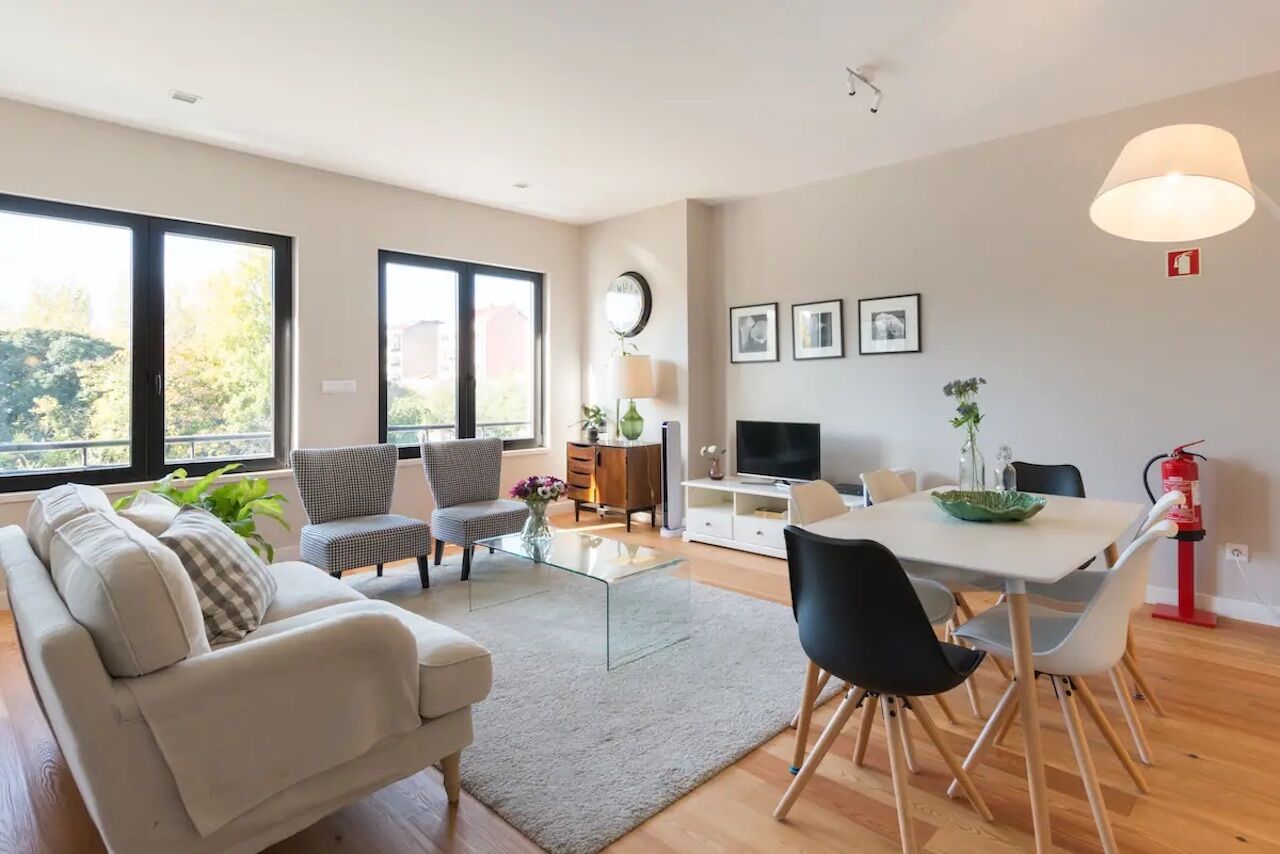The second oldest capital city in Europe after Athens, Lisbon has a lot of history. A lot of that history is captured in the city’s museum, from the ruins of a convent that stands sentinel over a modern downtown, to the origins of the azulejo tiles that decorate the city, to the birth of the fado museum that sounds throughout the historic Alfama neighborhood. Even if you tend to avoid museums like your morning alarm, you’ll be surprised by the richness and nicheness of Lisbon’s museum landscape. (Museum for carriages, anyone?)
One piece of advice for anyone traveling to the Portuguese capital is to procure a Lisbon Card on arrival as many of the city’s top attractions and museums are free or discounted for Lisbon Card holders. With that said, these are the Lisbon museums you should have on your radar.
